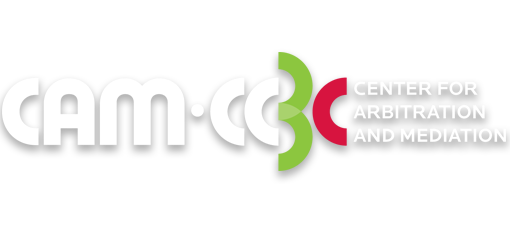ARBITRATION
MAIN LINKS
Arbitration is a method that has enough demand because of the following advantages:

Speed in conflict resolution

Confidentiality

Cost effectiveness

Proceeding flexibility

Election of legislation, seat and language of the proceeding

Expertise of the chosen arbitrator
The practice became more widespread in Brazil just over two decades ago, when the Arbitration Law was promulgated (Law 9,307/1996). Representing one of the main advances in the area, the Arbitration Law overcame obstacles that prevented the expansion of arbitration in the country, such as the equation of the arbitrator to the legal judge and the non-requirement of approval of the Arbitration Award before the Judiciary.
The Law establishes that the parties are free to choose the rules of law that will be applied, just as the proceeding can be carried out based on the general principles of Law, uses and customs and international trade rules.
Another important step in Brazil was the ratification of the United Nations Convention on the Recognition and Enforcement of Foreign Arbitration Decisions of 1958 (known as the New York Convention). The document is considered to be the most important multilateral agreement on International Arbitration and has been ratified by more than 150 countries. By becoming a signatory to the convention in 2002, Brazil came to be recognized by the international community as favorable to the use of arbitration as an effective method for settling international disputes.
In 2015, the Country reformed the legislation, clarifying, for example, that arbitration may be used by direct and indirect public administration entities in order to solve property conflicts.

